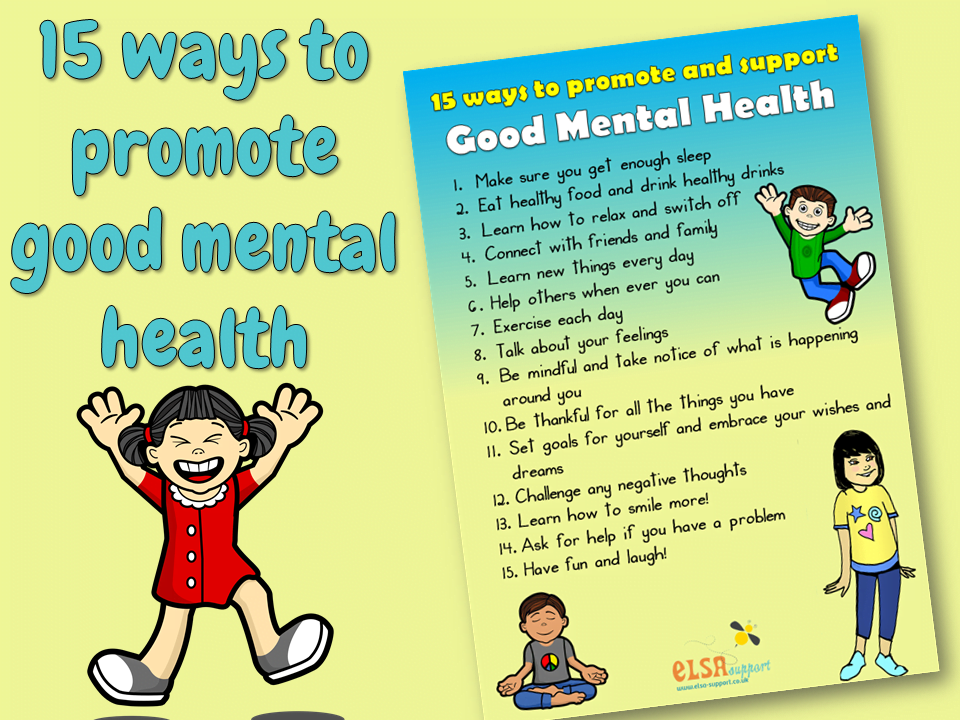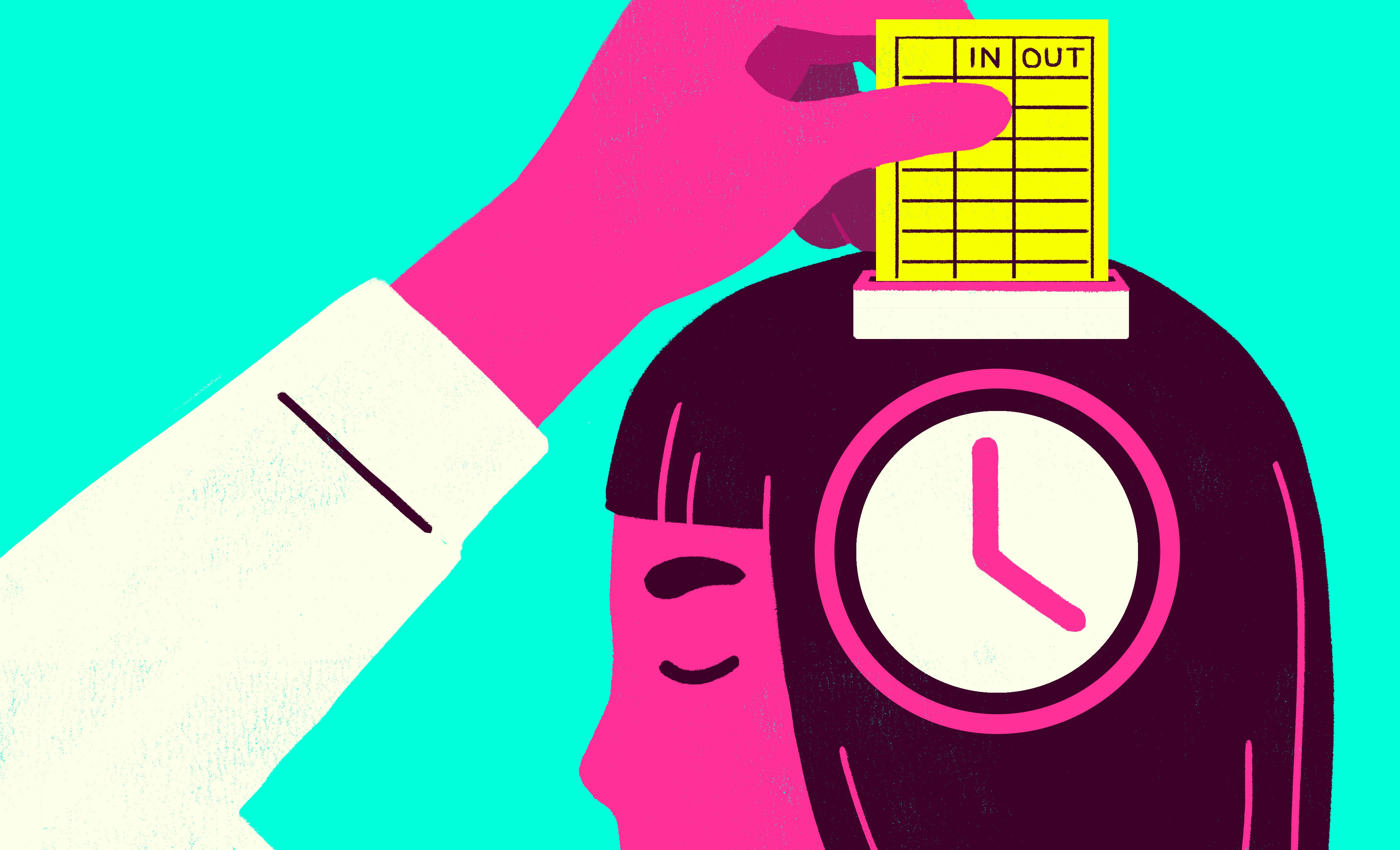Alongside this boost in life expectancy, there has been an increase in the number of individuals living with dementia and in people with cognitive decline. The primary symptom of dementia is amnesia; it is a progressive disease that leads to individuals ending up being more impaired with time. Decline in cognitive functions, such as attention and concentration, likewise happens in older people, consisting of those who do not establish dementia.
For people who have currently developed the illness, exercise can help to postpone more decline in operating. Research studies show that there is around a 20% to 30% lower threat of anxiety and dementia for adults taking part in everyday physical activity. Physical activity likewise seems to lower the probability of experiencing cognitive decline in people who do not have dementia.

It can be utilized as a standalone treatment or in combination with medication and/or mental treatment. It has few side impacts and does not have the stigma that some people perceive to be connected to taking antidepressants or attending psychiatric therapy and counselling. Physical activity can minimize levels of stress and anxiety in people with mild symptoms and might also be useful for treating scientific anxiety.
For more information about how physical activity can help increase wellness and avoid or handle mental health issues, read our complete report, or get more info about how exercise can improve your psychological health on our site: www.mentalhealth.org.uk. We understand all too well that that lots of individuals in the UK do not meet the current exercise guidelines.
The Department of Health advises that grownups must intend to be active daily and complete 2.5 hours of moderate strength activity over a week the equivalent of thirty minutes 5 times a week. It may seem like a lot, but it isn't as complicated as it first appears, and we have great deals of suggestions to help you begin.
Apart from enhancing your physical and mental wellness, what else do you desire to get out of being active? Ask yourself whether you 'd prefer being indoors or out, doing a group or private activity, or trying a brand-new sport. If you're put off by sporty exercises, or feel uninspired at the idea of restricting yourself to simply one activity, believe outside package and bear in mind that going on a walk, doing household chores, and gardening are all physical activities (how art affects mental health).
The Single Strategy To Use For How Mental Health Affects Our Society
It can be a bit scary making changes to your life, and a lot of people get anxious about attempting something new. Some common barriers, such as expense, injury or illness, absence of energy, worry of failure, and even the weather can prevent people from beginning; nevertheless, practical and emotional assistance from good friends, household and specialists actually does help.
People who are nervous about how their body will aim to others while they are exercising might prevent workout as https://freedom-clinic-spring-hill.business.site/posts/498292970451714617 a result (how stress affects mental health psych central). For ladies, attending a female-only workout class or a ladies-only swimming session may help to conquer anxiety as a barrier to initially beginning to exercise. Exercising with a buddy can also help to reduce stress and anxiety about how your body wants to others, and may be particularly valuable throughout the very first few exercise sessions.
What time do you have offered for workout? You might require to rejig dedications to make space for additional activities, or pick something that suits your hectic schedule. Will you need assistance from family and friends to finish your selected activities, or exists a possibility your active way of life will have an effect on others in your life? Learn just how much it will cost and, if needed, what you can do to make it economical - how social media affects one's mental and physical health.
Embracing a more active lifestyle can be as basic as doing day-to-day jobs more energetically or making small modifications to your regimen, such as walking up a flight of stairs. If exercise is new to you, it's best to develop your ability gradually. Concentrate on task objectives, such as improving sport skills or endurance, rather than competitors, and keep a record of your activity and examine it to offer feedback on your progress.
It's truly crucial to set objectives to measure progress, which may inspire you. Attempt utilizing a pedometer or an app on your smartphone to measure your speed and distance travelled, or add on an additional stomach crunch or swim an additional length at the end of your session. Keep in mind, you will not see improvement from physical conditioning every day.
There are great deals of activities you can do without leaving your front door which include minimal cost. It can be as basic as pushing the mower with extra vigour, accelerating the household chores, or doing an exercise DVD in the living space. Whether you're on your feet, sat at a desk or sat behind the wheel during your working hours, there are many ways you can get more active.
The Facts About How Social Media Affects Our Mental Health Revealed
The change of surroundings will do you good, too. Being out of doors is a prime-time show for improving your activity levels, and research recommends that doing physical activity in an outside, 'green' environment has greater favorable impacts on wellbeing compared to exercise inside your home. Making small modifications, from leaving the vehicle at house for brief journeys or getting off the bus a stop previously, to higher-intensity activities like participating in with your kids's football game or running with the pet, can help to improve your state of mind.
The tools are offered here: www.nhs.uk. Outdoor health clubs are gyms where some gym equipment is offered in outside areas for individuals to use free of charge: www.tgogc.com. The British Heart Foundation's 'Health at Work' website offers even more tips and some resources to get begun with promoting exercise at work. Paluska, S.A.
( 2000 ). Physical Activity and Mental Health: Present Ideas. Sports Med, 29 (3 ), 167180. World Health Organization (2010 ). Worldwide suggestions on physical activity for health. World Health Company: Switzerland. Ekkekakis, P., Hall, E.E., Van Landuyt, L.M. & Petruzzello, S. (2000 ). Walking in (affective) circles: Can short walks boost affect? Journal of Behavioral Medicine, 23 (3 ), 245275.
& Stoll, O. (2000 ). Results of Workout on Self-Concept and Wellbeing. International Journal of Sport Psychology, 31, 4765. Salmon, P. (2001 ). Impacts of Exercise on Anxiety, Depression, and Level Of Sensitivity to Tension: A Unifying Theory. Medical Psychology Evaluation, 21 (1 ), 3361. Zschucke, E., Gaudlitz, K. & Strohle, A.

Workout and Physical Activity in Psychological Disorders: Scientific and Experimental Proof. J Prev Med Public Health, 46 (1 ), 512521. Alexandratos, K., Barnett, F. & Thomas, Y. (2012 ). The impact of workout on the psychological health and lifestyle of individuals with extreme mental disorder: an important review. British Journal of Occupational Treatment, 75 (2 ), 4860.
& Dahn, J.R. (2005 ). Workout and well-being: an evaluation of mental and physical health advantages connected with exercise. Present Viewpoint in Psychiatry. 18 (2 ), 189193. Kanning, M. & Schlicht, W. (2010 ). Be Active and End Up Being Delighted: An Ecological Momentary Evaluation of Physical Activity and State Of Mind. Journal of Sport & Workout Psychology, 32 (2 ), 253261.